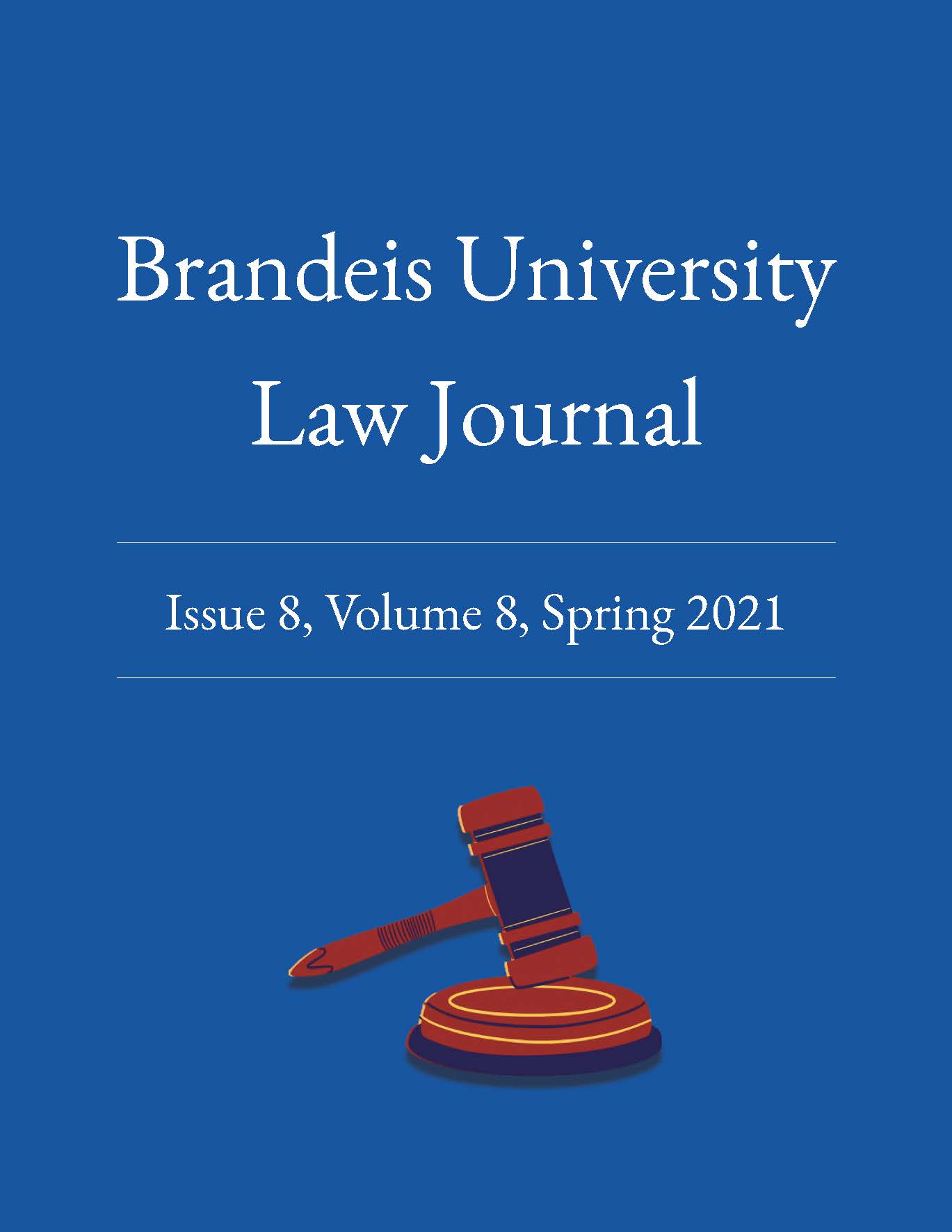Options for the Biden Administration to Prevent Iran from Developing a Nuclear Weapon
Main Article Content
Abstract
Today, Iran’s nuclear program poses a threat to the United States’ (U.S.) security interests in the Middle East. In 2015, under the Obama administration, the U.S. joined the Joint Comprehensive Plan of Action (JCPOA), commonly referred to as the Iran nuclear deal. The JCPOA was a multinational agreement meant to prevent Iran from developing a nuclear weapon in return for the removal of sanctions on Iran. However, in 2018, the Trump administration withdrew from the agreement and re-imposed sanctions. Despite the U.S.’ decision to withdraw from the agreement, Iran continued to abide by it until the Trump administration imposed new sanctions against their country. The Biden administration has only two options to address this situation: The U.S. could either rejoin the JCPOA or increase economic sanctions. While increasing sanctions could pressure Iran to negotiate, they would risk the rise of anti-American sentiment and enhance the power of hardliners in the government. On the other hand, if the U.S. rejoins the JCPOA, there is the risk that Iran will continue with its missile program and its dominance in the region.
